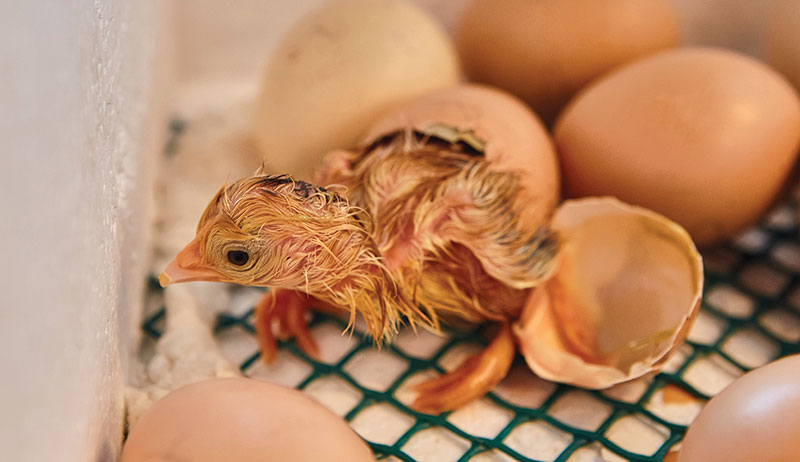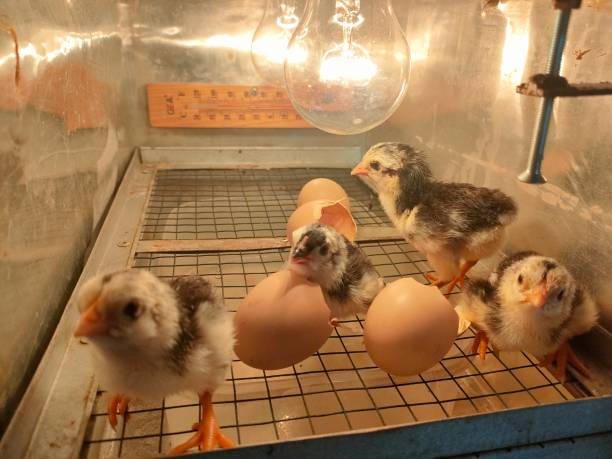When it comes to hatching eggs, the difference between broody hen and incubator is a topic that often arises among poultry enthusiasts. Both methods have their unique advantages and challenges, and understanding these can help you make an informed decision for your flock. In this article, we will explore the key differences, benefits, and considerations of using a broody hen versus an incubator for hatching eggs.

What is a Broody Hen?
A broody hen is a hen that has the natural instinct to sit on and hatch eggs. This behavior is driven by hormones and can occur in many chicken breeds. A broody hen will stop laying eggs and focus on incubating the eggs she is sitting on. She provides warmth, turns the eggs, and ensures they are safe until they hatch.
What is an Incubator?
An incubator is a device that artificially maintains the ideal conditions for hatching eggs. It controls temperature, humidity, and sometimes even turns the eggs automatically. Incubators can vary in size from small home units to large commercial machines, making them a versatile option for hatching eggs.
Pros and Cons of Using a Broody Hen
- Pros: Natural process, no electricity needed, hen provides care after hatching.
- Cons: Limited egg capacity, unpredictable timing, requires a broody hen.
Pros and Cons of Using an Incubator
- Pros: Controlled environment, can hatch large batches, year-round hatching.
- Cons: Requires electricity, no natural mothering, equipment cost.
Factors to Consider When Choosing Between Broody Hen and Incubator
Several factors should be considered when deciding between a broody hen and an incubator:
Number of Eggs
If you have a small number of eggs, a broody hen might suffice. However, for larger quantities, an incubator can accommodate more eggs efficiently.
Time of Year
Hens are more likely to go broody in the spring and summer. If you plan to hatch eggs in the fall or winter, an incubator may be necessary.
Availability of a Broody Hen
Not all hens go broody, and finding a reliable broody hen can be difficult. In contrast, an incubator is always ready for use.
Steps to Use a Broody Hen for Hatching
Using a broody hen involves selecting the right hen, providing a safe nesting area, and monitoring her progress. Learn more about how to prepare herbs for chickens in winter to support her health during this time.
Steps to Use an Incubator for Hatching
Incubating eggs requires setting up the incubator, maintaining the correct temperature and humidity, and turning the eggs regularly. For detailed guidance, visit this comprehensive guide on hatching eggs with an incubator.
Common Challenges and Solutions
Both methods have their challenges. Broody hens can abandon nests, while incubators can malfunction. Having a backup plan, such as an incubator on standby or a second broody hen, can be beneficial.
The Role of Temperature and Humidity
Whether using a broody hen or an incubator, maintaining the right temperature and humidity is crucial for successful hatching. Cleaning a chicken coop naturally is also essential to prevent disease and ensure a healthy environment.
Post-Hatching Care
After the chicks hatch, they require warmth, food, and water. A broody hen will naturally care for the chicks, while incubator-hatched chicks will need a brooder setup.
Integration with the Flock
Chicks hatched by a broody hen may integrate more easily into the flock due to the hen’s presence. Incubator-hatched chicks will need careful introduction to prevent bullying.
Conclusion
Understanding the difference between broody hen and incubator can help you decide which method is best for your situation. Both have their merits, and the right choice depends on your resources, goals, and preferences.

FAQ Section
Can I use both a broody hen and an incubator?
Yes, some poultry keepers use a combination of both methods to maximize success rates.
How do I encourage a hen to go broody?
Providing a quiet, comfortable nesting area and leaving some eggs in the nest can encourage broodiness.
What should I do if a broody hen leaves the nest?
If a broody hen abandons her eggs, you can transfer the eggs to an incubator to continue the hatching process.
This article contains affiliate links. We may earn a commission at no extra cost to you.











